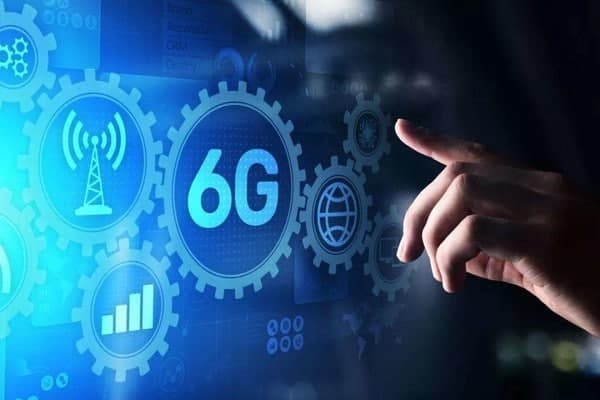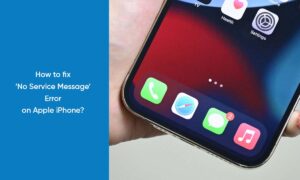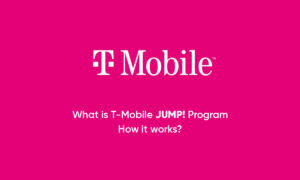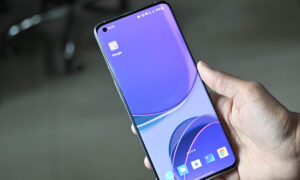The United States, Japan, South Korea, and Europe have recently launched 6G research plans, and China Mobile, Ziguang Zhanrui, Vivo, CCID Think Tank, and other domestic institutions have also released their own 6G series on white papers. It is now generally believed that 6G may arrive in ten years, that is around 2030. When 6G comes, how will our lives change?
In this regard, a 6G white paper in Europe pointed out that most of the performance indicators of 6G are 10 to 100 times higher than that of 5G, and the peak transmission speed will reach 100Gbps to 1Tbps, while 5G is only 10Gbps.
And Xu Hao, an operator’s mobile network expert, believes that 6G networks can cover a larger area than 5G and have stronger network capabilities: “The latter represents higher bandwidth, lower latency, and more connections. , And the former refers to integrated communication between the sky and the ground.” That is to say, the transmission of the 6G network will no longer be limited to the ground, and the seamless connection of ground, satellite, and airborne networks will be realized, with almost no “blind spots”.

In terms of specific application scenarios, many 6G white papers mention digital twin and holographic technology. Digital twin technology is a simulation and speculation of the physical world, which can accurately reflect and predict the true state of the physical world and perform predictive maintenance on it.
The holographic technology realizes spatial stereo vision through three-dimensional images of objects and network transmission. This technology will be widely used in communication, telemedicine, military, and entertainment games in the future.








